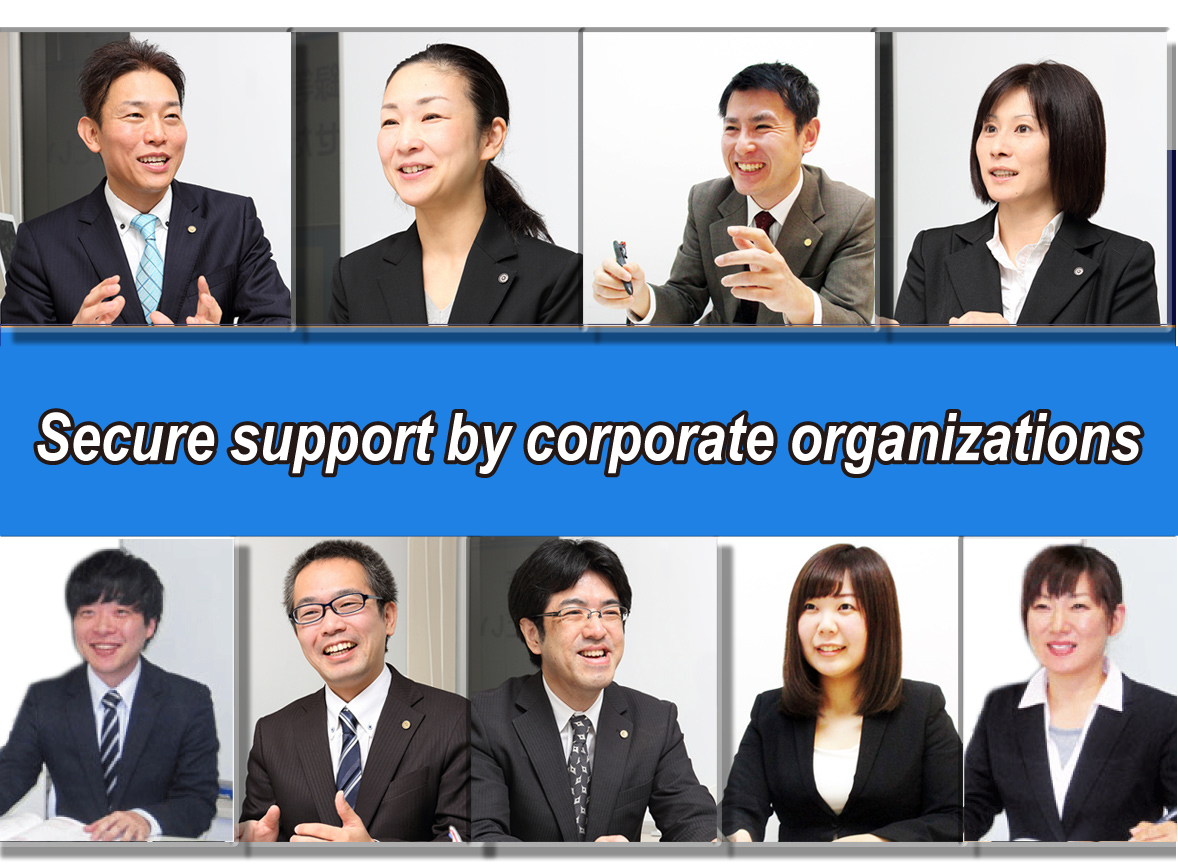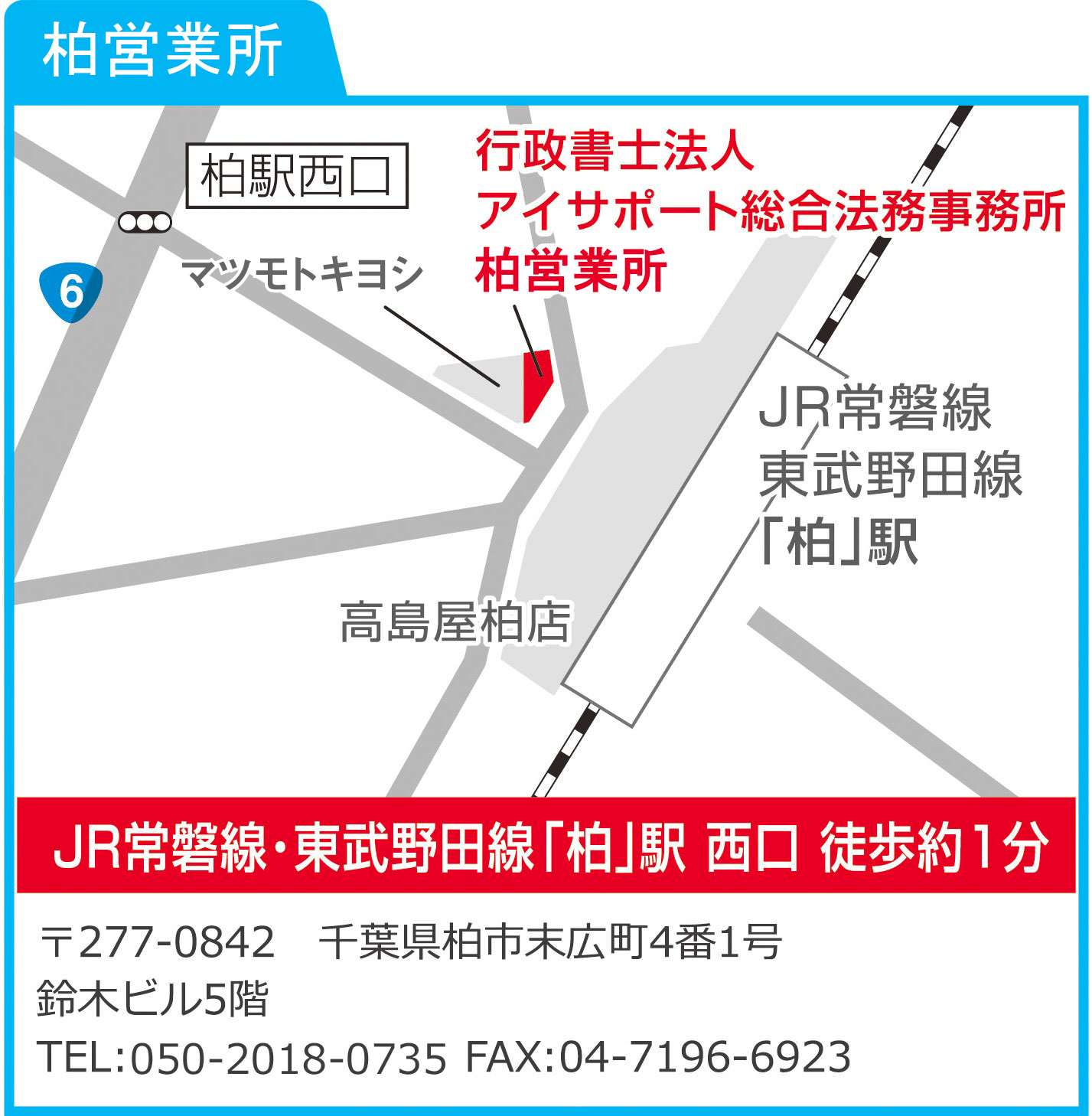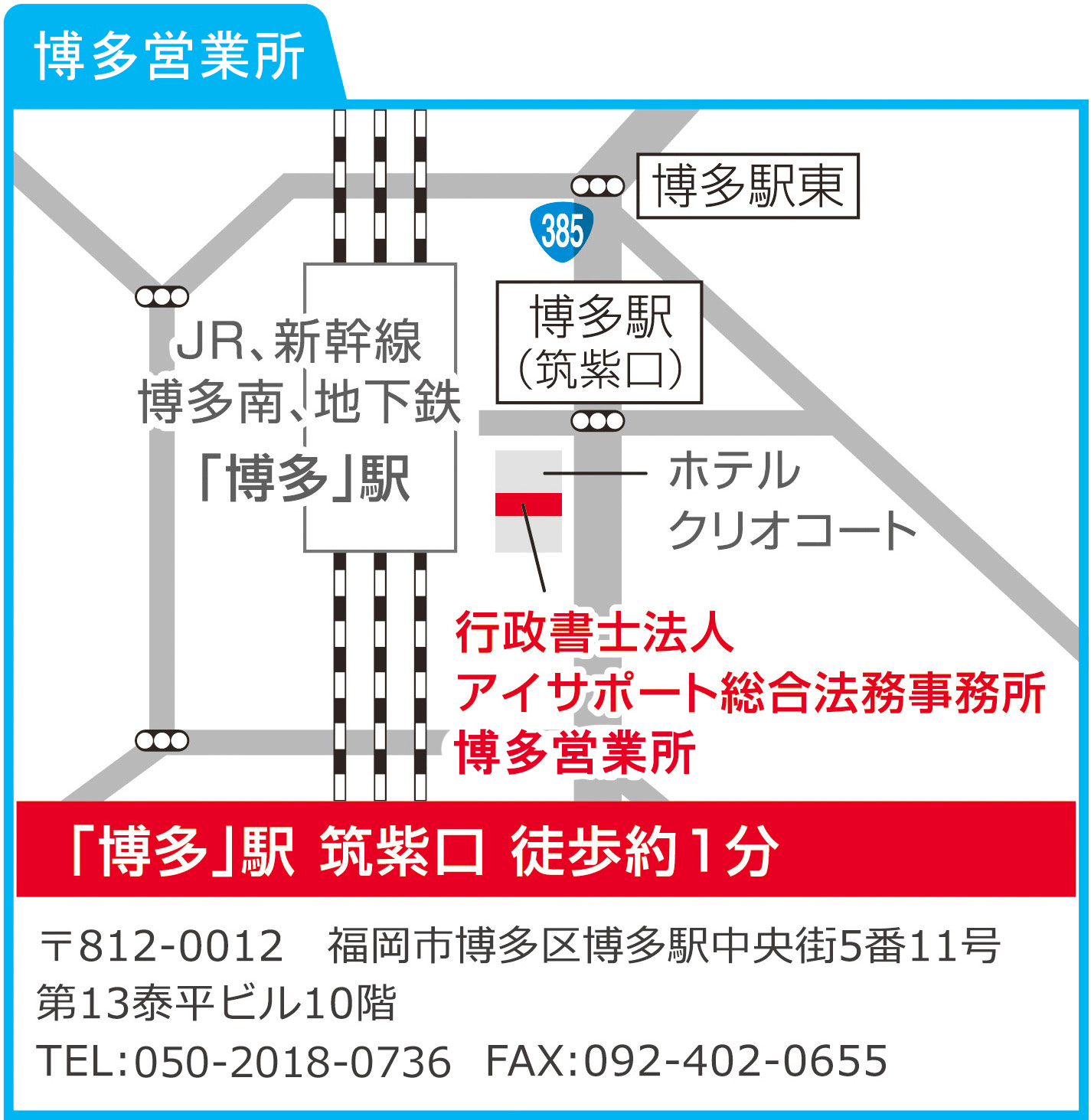Frequently Asked Questions

Q. Visa and status of residence are similar in use, but does the meaning be the same?
Q. In what cases are you being deported?
Q. What is the difference between naturalization and permanent residence?
A. Although a visa and a residence status are not exactly the same, they are often used interchangeably, and there is no particular problem even if you think of “visa = residence status”. This site uses the same meaning for convenience, but we will explain the difference here.A visa is a stamp on your passport. If you wish to come to Japan, you can get it if you decide that there is no problem entering Japan at the Japanese embassy or consulate in your country before coming to Japan.This visa has the meaning of confirmation that the person’s passport is valid and that there is no problem even if it is made to enter the country.Therefore, if you have a visa sign on your passport, you can enter Japan smoothly.
When you enter Japan, your visa will be used (except for those that are valid several times).After entering Japan, the “resident status” written on the “landing permit stamp” pressed by the examiner when entering Japan will be the basis for that person to stay in Japan. Simply put, a visa is for entering Japan, and the status of residence is for living in Japan after entering Japan. If you work without a status of residence, you will be working illegally, so please be careful.
A. The reasons for forced deportation are as follows: If you enter Japan without a valid passport. Passport is valid, but if you land in Japan without a landing permit. If you stay in Japan for more than the permitted period of stay.
A. “Naturalization” means that a foreigner acquires Japanese nationality and becomes a Japanese. If you naturalize, you will officially become a Japanese, so unlike in the case of staying in Japan, you will no longer be restricted as a foreigner and you will be able to live in Japan without any inconvenience. But at the same time, you will have to abandon your nationality, so you need to remove psychological resistance. On the other hand, “permanent residence” means that foreigners continue to live in Japan as nationalities in their home countries. In this case, it is necessary to obtain a residence status of “Permanent Resident”. Unlike other residence statuses, you do not need to renew, you have a stable status, and you can live in Japan with almost no inconvenience. However, because you are not a Japanese person, there are restrictions such as possession of residence card and lack of voting rights.
A. There is no legal enforcement on the guarantor, so even if a foreigner who entered the country does not fulfill the guarantee items, there is no need to worry about penalties. However, in the event of non-compliance with the guarantee, the authorities may instruct you to fulfill the promise. Also, if you are not fully fulfilled as an guarantor, it will be difficult for you to become an guarantor for immigration and residence applications after that.
A. In order for international students to work for a Japanese company after graduating from a Japanese university, it is necessary to apply for a change in residence status at the Immigration Bureau and obtain permission from the Minister of Justice. However, there are restrictions on the types of jobs you can get.
Here, we will explain the “technology” and “humanities knowledge and international business” which are overwhelmingly common places to find employment after graduation.
In the case of the status of residence “Technology”, it is necessary to engage in work that requires technology or knowledge belonging to the fields of science, engineering and other natural sciences.
In the case of “Humanities knowledge and international business”, it is necessary to engage in business that requires knowledge belonging to the fields of law, economics, sociology, and other humanities, or that requires ideas or sensitivity based on foreign culture.
A. The term “university” as defined by the Immigration Control Act also includes 2-year junior colleges, unless there are special conditions. So, like a 4th year university, you can get a job like the one introduced in the previous question.


























